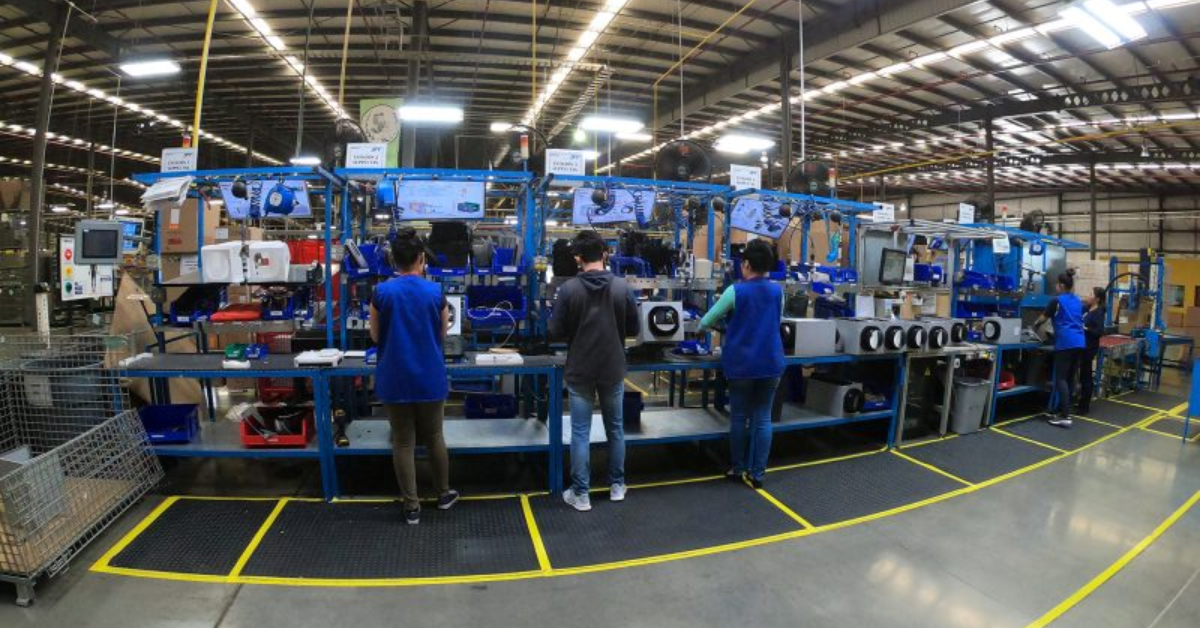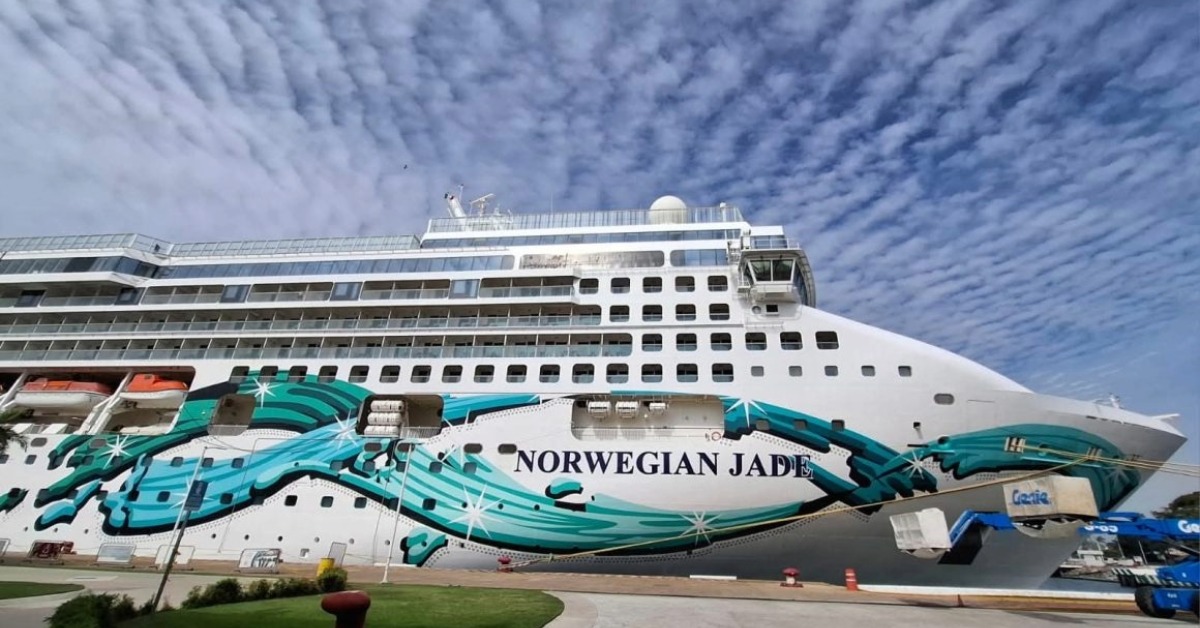PUERTO VALLARTA (PVDN) - Over the next two years, Mexico is anticipated to welcome 453 new foreign companies, bringing a significant boost to the country's industrial sector, according to a study by BBVA Research and the Mexican Association of Private Industrial Parks (AMPIP).
The analysis aims to predict and quantify the impact of nearshoring in Mexico. The study suggests that 20 percent of these companies are likely to be Chinese, underlining the burgeoning interest of Asian companies in Mexico's economic landscape.






